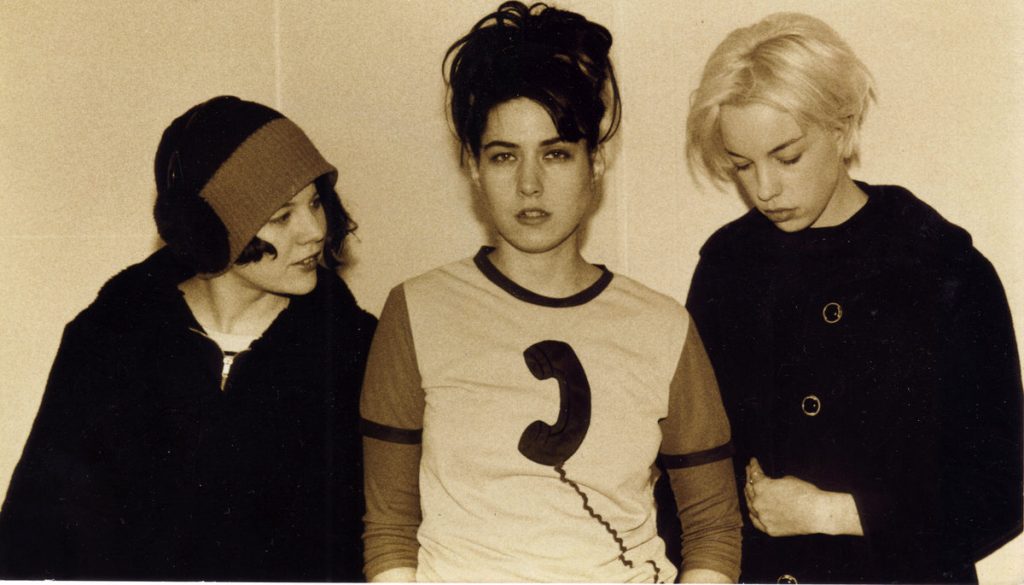
Much of the music of the 90s may be associated more with personal angst that political dissension, but it was still a rich decade for socially conscious music. The decade could be considered the golden age of afro-centric hip-hop music. Movements such as riot grrrl and queercore were also important in amplifying women and LGBTQ+ voices. There was a diverse group of artists and genres that were contributing to the canon of protest music. The following is a small sampling of albums released during the 90s, ranging from the well-known to the obscure. The following list is presented in chronological order.

This is the fourth album from a group that many dismiss as a one-hit-wonder for the 1997 hit “Tubthumping.” Long before and after that, they were an explicitly political band heavily involved with activism. This album is a musical departure from their early Anarcho-punk sound, adopting a more celebratory dance-oriented style. Lyrically just as radical.

The Portland hardcore quartet packs a ferocious punch. The blistering musical attack is backed by denouncements of police brutality and fascism.

Midnight Oil has established its reputation for being unapologetically political. Considering how much of their music is centered on issues related to their home country of Australia, it is amazing how much mainstream international success they achieved. Their seventh album is one of their stronger and more accessible efforts. Also, topics such as indigenous rights and labor issues extend beyond borders.

The influential political rap group’s third album is a landmark recording. The hard-hitting musical attack of The Bomb Squad provides the perfect canvass for Chuck D’s thought-provoking lyrical thesis on systemic racism and other issues related to Black America.
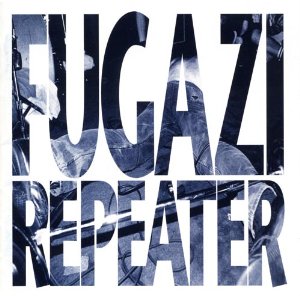
Fugazi’s full-length debut is a definitive album in the development of the ’90s alt-rock boom. Along with helping to write a musical blueprint, it also features Ian Mckaye’s socially conscious lyrics which critique subjects such as violence, commercialism, and government surveillance.

The socially conscious hip-hop group’s debut can make a strong claim for the most Afrocentric rap album. The old-school funky musical vibe blends well with the lyrical commentary on issues of race.

This EP by the English singer-songwriter is his first explicitly political release. Before this, his albums feature a mixture of political and personal. This collection of songs includes a few rewrites of protest standards and it is deeply rooted in the protest songs tradition.

The debut solo album mixes the gangsta rap of his previous group N.W.A with social commentary. The Bomb Squad’s production provides the perfect backdrop to expose systemic racism and police corruption.
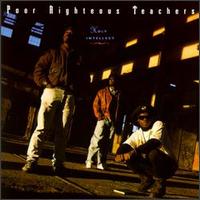
The debut album by the hip-hop group blends Five-Percenter teachings with funky and infectious grooves. The songs contain strong themes of black empowerment.

The sophomore album by the funk metal pioneers contains righteous riffs with a timely social message. Being a band made up of Black Americans, they touch upon themes rarely addressed by hard rock and metal bands.

The fourth album by the pioneering “big four” thrash band is a heavy masterpiece. The album heavily involves themes of war, including religion’s role in the bloodshed.

The band always had the knack of blending catchy melodies with incisive political critiques, but their fifth album is probably the strongest display of those gifts. The songs address issues such as individuality, conformity, political corruption, and religious hypocrisy.
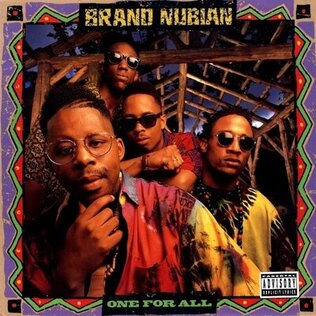
Brand Nubian’s debut is an essential album in the development of alternative hip-hop. More subtle than many of the other black empowerment theme rap groups that emerged in the ’90s, but the lyrics still pack plenty of insight exposing institutions of systemic oppression.

The legendary folk singer, storyteller, poet, and labor organizer is an important but often overlooked figure in the historical development of protest music. His 1991 album was recorded during the Gulf War. He powerfully speaks out in timely tunes and spoken words.

This is the sophomore full-length from the political industrial-hip-hop group. Confrontational and polarizing, the band wears their politics on their sleeves and force their listeners to confront serious issues.

The debut album by a trio of Black Muslims effectively uses samples and absurdist humor to provide thoughtful commentary on racism and black empowerment. It also features Zev Love X who ended up finding greater fame under the name of MF DOOM (who sadly passed away on October 31, 2020).

One of the founding fathers of gangsta rap, Ice-T’s fourth album may be his strongest. It balances the gritty realities of gang violence with social critiques of systemic injustices which are sadly still relevant.

The debut album by the Washington D.C. post-hardcore band is a raucous youthful blast of anti-conformity anthems.
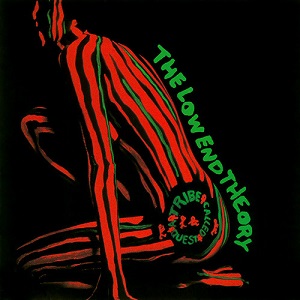
An iconic album in the development of alternative hip-hop which masterfully blends jazzy beats with a positive social message.

This is Public Enemy’s second classic album released in the decade. The album was a bit of departure musically featuring a leaner production and more live instrumentation. Chuck D’s lyrics are as hard-hitting as ever.